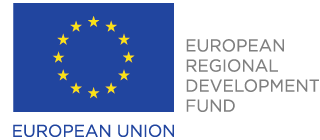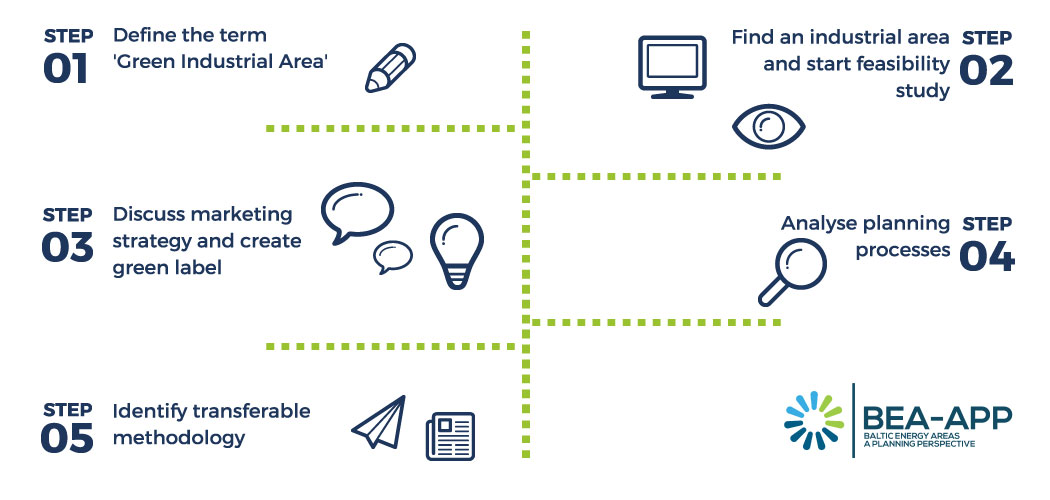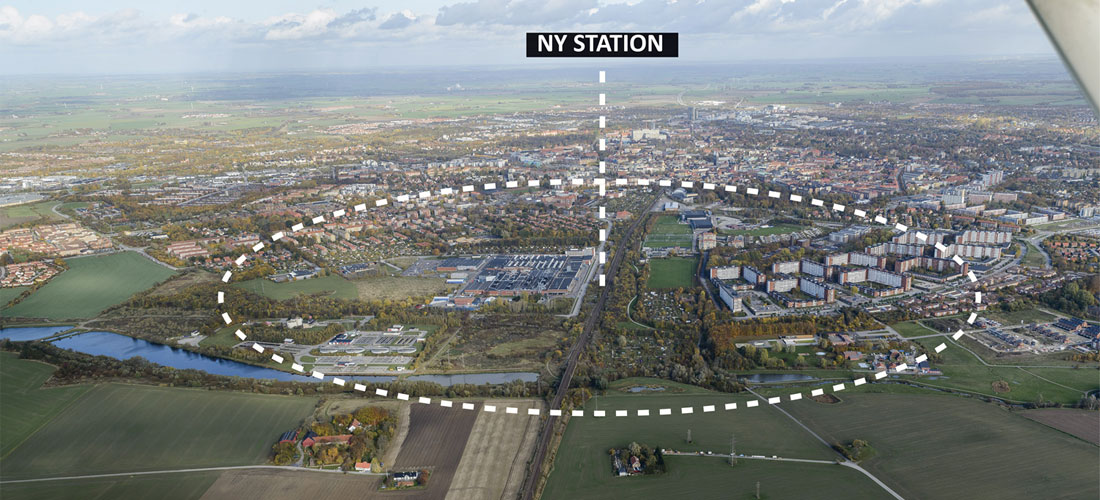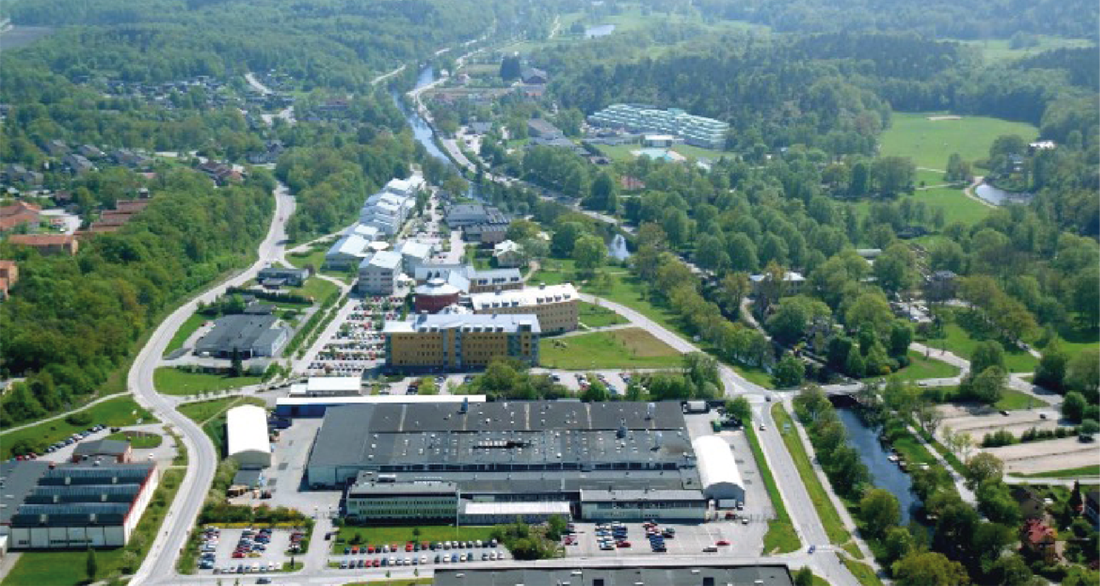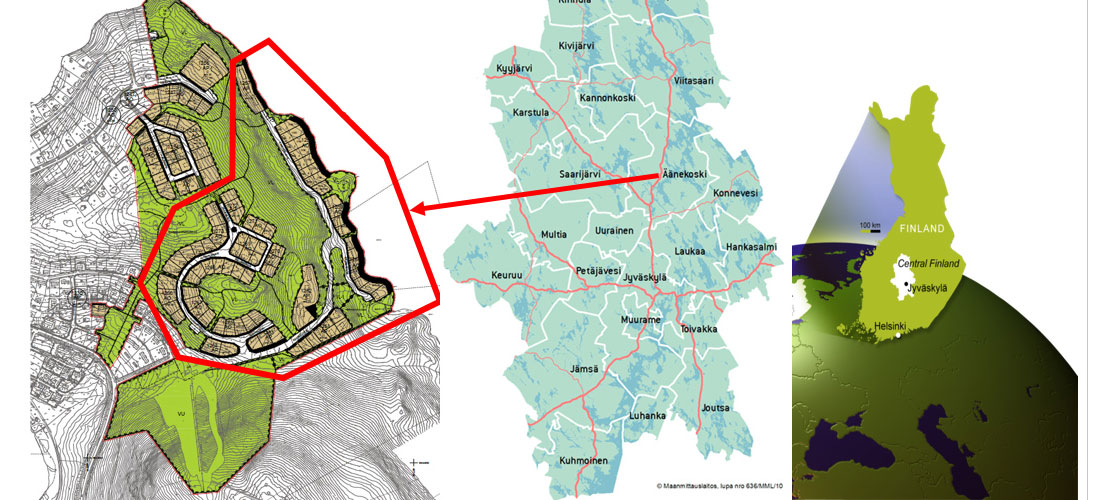Smart heating in Zealand, Denmark

Smart heating in Zealand, Denmark
As one of four pilots being implemented in Zealand,This pilot concentrates on utilising waste heat from a large industrial plant (CP Kelco, Municipality Køge) in supplying district heating to the cities of Havdrup and Kirke Skensved in the neighbouring municipality Solrød. The premise is that it is necessary to develop an energy-efficient heating system, which will ensure a sufficiently effective and inexpensive district heating supply.
Objectives
The project will include development of an intelligent control system for increasing the efficiency of the district heating supply, testing the system on a small number of houses, then implementing it in a larger number of dwellings, before expanding the system to the entire project area by 2020.
Implementation
The project can be subdivided into a number of phases:
- Establishing a solar heating plant near Havdrup that will supply the existing district heating (DH) grid in the city (covering approximately 11% of the city’s heat consumption). This is currently being built and when completed should have an area of 2000 m2 and be able to supply 981 MWh of a total DH demand of 3.610 MWh (27%).
- Establishing a district heating supply line from the industrial plant delivering waste heat (CP Kelco) through Kirke Skensved to Havdrup (approximately 5 km), a distribution grid in Kirke Skensved and a connection of the existing district heating in Havdrup to the new heat supply from CP Kelco’s waste heat.
- Experimenting with attaining heat savings through intelligent heat supply and in subsequent phases expanding both the solar heating plant capacity and the district heating grid while creating energy savings through intelligent supply systems.
The supply of surplus heat will also be completed by measures resulting in smaller heating bills through energy savings in the various houses and in the district heating supply system as well.
If fully implemented, the project will result in approximately 21.400 MWh of energy savings, a supply from solar heating of 4.200 MWh and from industrial surplus heat of 17.200 MWh, which by 2020 is projected to be based on renewable energy as well. As a result, the current emissions from heating in Kirke Skensved and Havdrup of 7.651 tons of CO2-eq will be significantly reduced.

